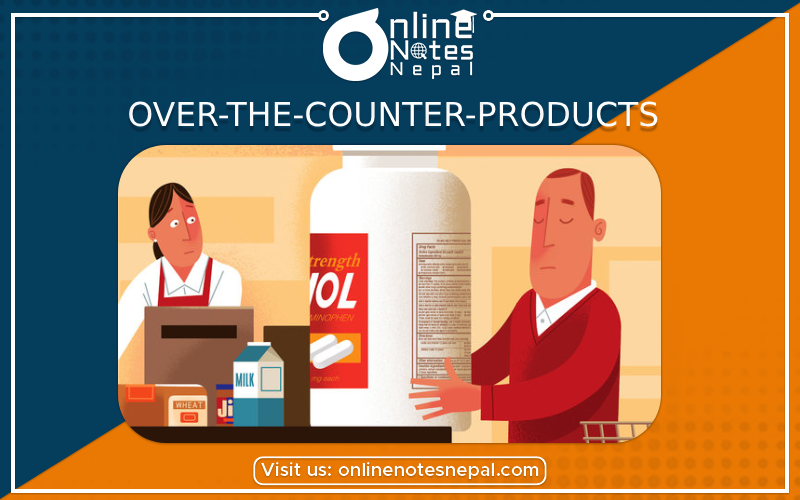Published by: Anu Poudeli
Published date: 23 Jul 2023

Over-the-counter (OTC) drugs, vitamins, and healthcare products are those that can be acquired without a prescription. These commodities, unlike prescription pharmaceuticals, are widely available to consumers in pharmacies, drugstores, supermarkets, and online shops. When used as indicated, OTC products are typically regarded safe and effective, but it is critical to read and follow product labels and consult with a healthcare professional if necessary.
Here is some content about OTC products that covers a variety of topics:
Common OTC Product Types:
Safety and Proper Use:
Advantages and disadvantages:
OTC medications provide quick and easy access to relief for common health problems without the need for a prescription or a doctor's visit.
When compared to prescription medications and medical consultations, these items can save time and money.
However, OTC drugs may not be appropriate for treating all medical conditions, and obtaining professional medical assistance if symptoms continue or worsen is critical.
Approval and Regulation:
Before being certified for public use, OTC products are subjected to extensive testing and review by regulatory bodies to verify their safety and efficacy.
The Food and Drug Administration (FDA) regulates OTC products in the United States.
The Value of Reading Labels:
The product label contains critical information such as active substances, instructions for use, cautions, and potential side effects.
Before using any OTC product, consumers should thoroughly read and comprehend the label.
While OTC products can be useful for self-treatment of minor health issues, they are not a substitute for professional medical guidance for more serious or chronic problems. If you have any issues or worries about your health or the use of OTC products, always visit a healthcare expert.